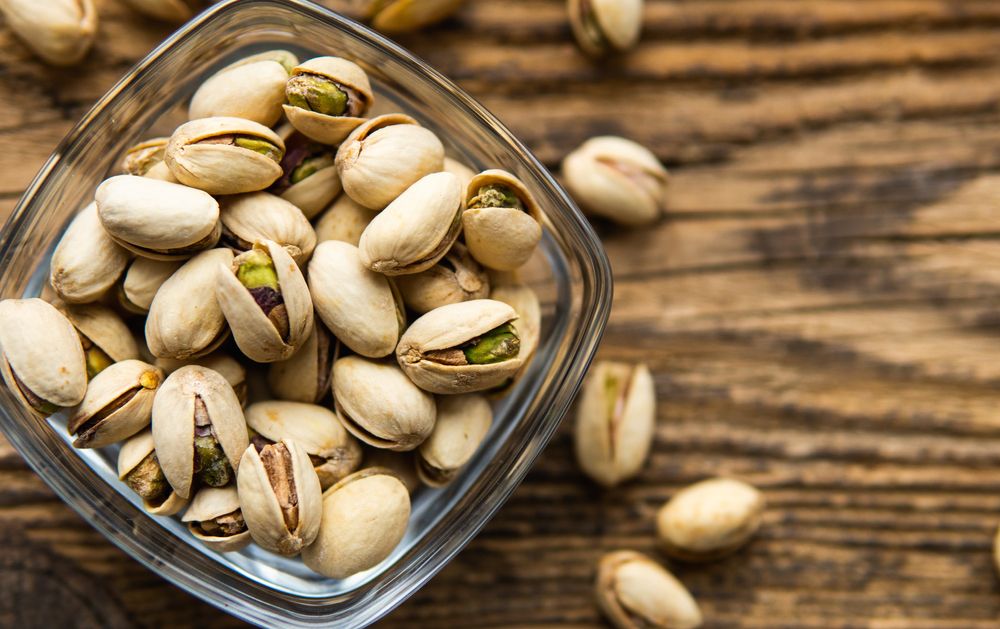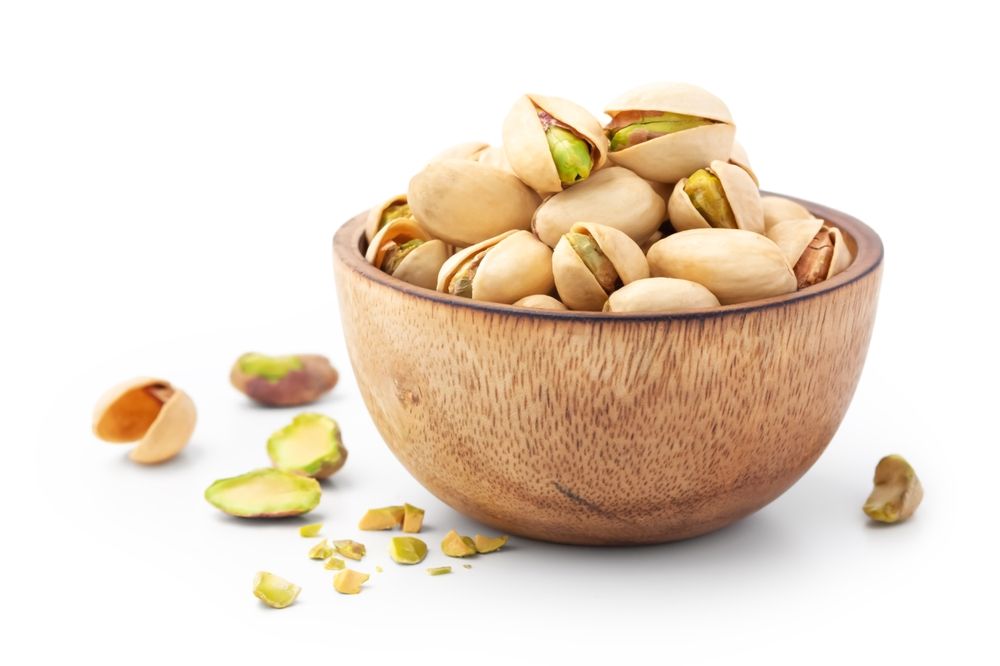
Humans have been enjoying pistachios for over 300,000 years, and their popularity continues to thrive. These small green nuts are loved for their mildly sweet flavor, satisfying crunch, and impressive nutritional value.
Pistachios have been cherished by ancient civilizations and have seamlessly integrated into modern diets, being recognized as versatile and nutritious foods. They're commonly found in trail mixes, granolas, and snack bars, making for a convenient snack. Additionally, pistachios are used in baked goods like cookies and cakes, as well as in savory dishes such as pesto and salads. Pistachio butter and milk have also gained popularity as dairy-free alternatives.
Health Benefits
But are pistachios truly healthy? In this article, we'll delve into the health benefits of pistachios. From aiding in weight loss to lowering the risk of heart disease, these nuts offer numerous evidence-based advantages that make them a valuable addition to your snack options.
Nutritional Content of Pistachios
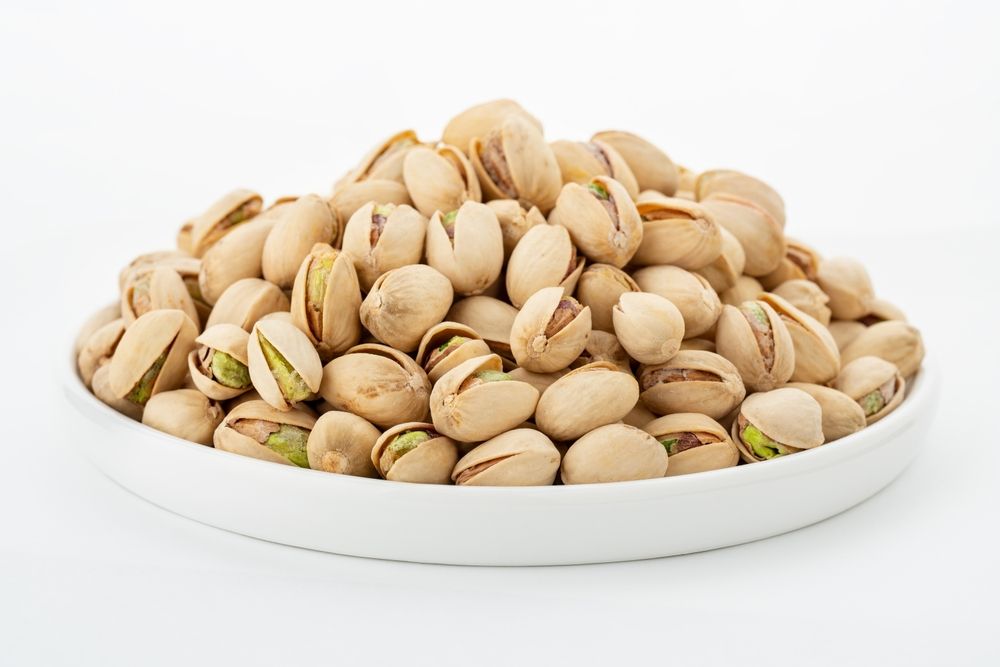
Nutrition (per ¼ cup serving, without shells):
Calories: 160
Fat: 13 g (Saturated Fat: 1.5 g)
Sodium: 0 mg
Carbs: 8 g (Fiber: 3 g, Sugar: 2 g)
Protein: 6 g
Calcium: 30 mg (2%)
Iron: 1.1 mg (6%)
Potassium: 280 mg (6%)
Thiamin: 0.19 mg (15%)
Vitamin B6: 0.31 mg (20%)
Phosphorus: 130 mg (10%)
Magnesium: 30 mg (8%)
Copper: 0.36 mg (40%)
Manganese: 0.35 mg (15%)
% Daily Value (DV) is based on a 2,000-calorie diet.
If you choose salted pistachios, they add about 135 mg (6% DV) of sodium per one-quarter cup (one ounce) serving. The honey-roasted version only adds 1 mg of sugar and 90 mg (4% DV) of sodium per one-quarter cup serving.
Pistachios are high in micronutrients, especially thiamin (vitamin B1), vitamin B6, copper, and manganese.
Pistachios have many potential health benefits. While they are calorie-dense due to their fat content, they are also high in protein, fiber, vitamins, and minerals and low in saturated fat, making them a healthy choice as part of a balanced diet.
Weight Loss and Blood Pressure Reduction

A 2020 study found that consuming 1.5 ounces of pistachios daily, in combination with a calorie-restricted diet, was linked to significant reductions in both blood pressure and body weight. Notably, participants who ate pistachios reported a lower intake of sweets and added fats compared to the control group. These findings suggest that incorporating pistachios into a weight loss plan may enhance overall diet quality.
Blood Sugar Control
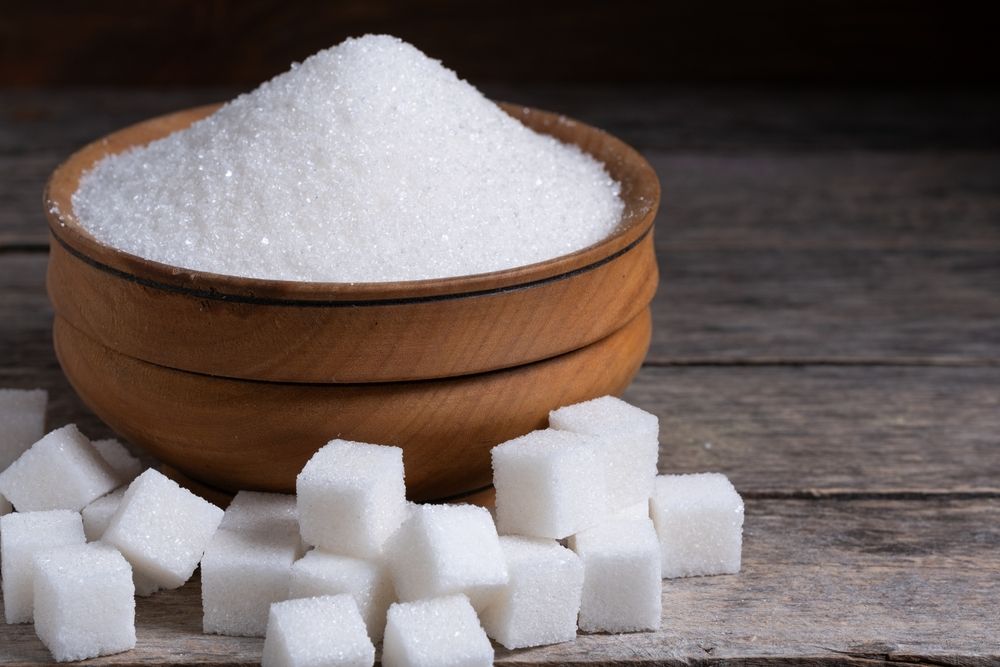
Eating pistachios may also help with blood sugar control. A 2020 systematic review and meta-analysis found that consuming pistachios was linked to significant reductions in fasting blood sugar levels and improvements in insulin sensitivity, which refers to how effectively your body responds to insulin. This hormone signals cells to absorb glucose from the blood. Consequently, pistachios may be beneficial for preventing or managing type 2 diabetes when used in conjunction with other diabetes treatments.
Improved Lipid Profiles

A 2023 systematic review and meta-analysis indicated that consuming pistachios may have a positive effect on lipid profiles, which include blood fats like cholesterol and triglycerides, potentially offering protection against heart disease. The study found that pistachio consumption was associated with significant reductions in total cholesterol, LDL (bad) cholesterol, and triglycerides. Although larger studies are needed to confirm these findings, this preliminary evidence suggests that incorporating pistachios into a diet could help lower the risk of heart disease.
Improved Brain Function and Mood

Pistachios may also influence brain function and mood. A 2024 pilot study found that consuming pistachios was linked to enhanced cognitive performance and improved mood in young overweight adults. Additionally, the study observed reductions in waist circumference, total cholesterol, LDL cholesterol, and triglycerides.
Positive Impact on the Gut Microbiota
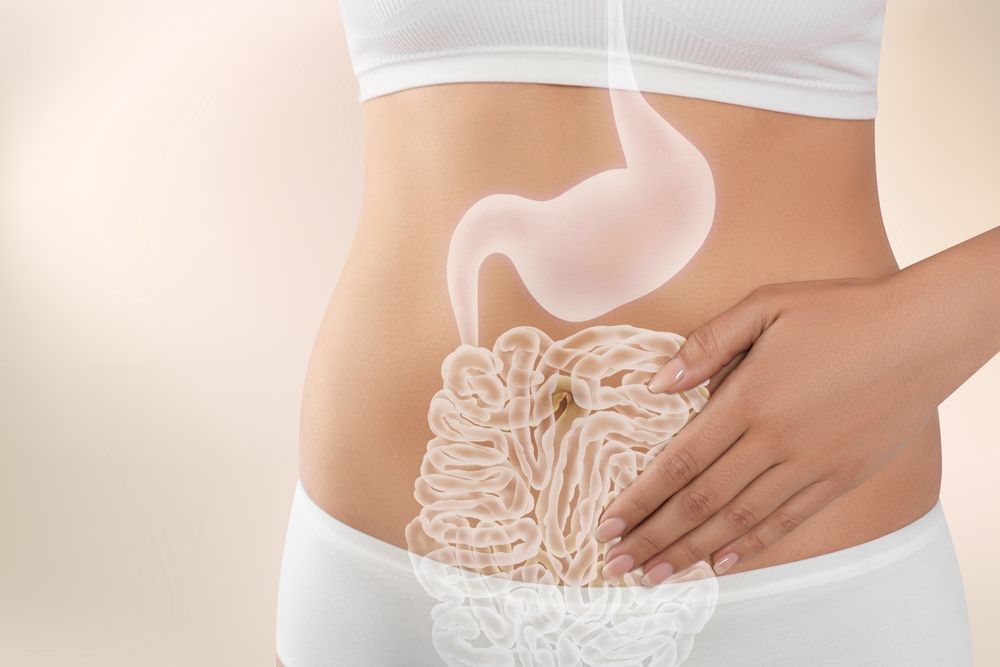
Lastly, consuming pistachios may have a beneficial effect on the gut microbiota. A 2014 study discovered that individuals who ate 85 grams of pistachios daily for 18 days experienced an increase in beneficial gut bacteria compared to those who consumed almonds. It is believed that pistachios have a prebiotic effect, meaning they promote the growth of good gut microbes. Adding prebiotics to one's diet can support a healthy gut microbiota, and pistachios may be an excellent source for these beneficial substances.
Health Drawbacks
While pistachios have many health benefits, there are some potential drawbacks to be aware of.
They Have High Salt Content
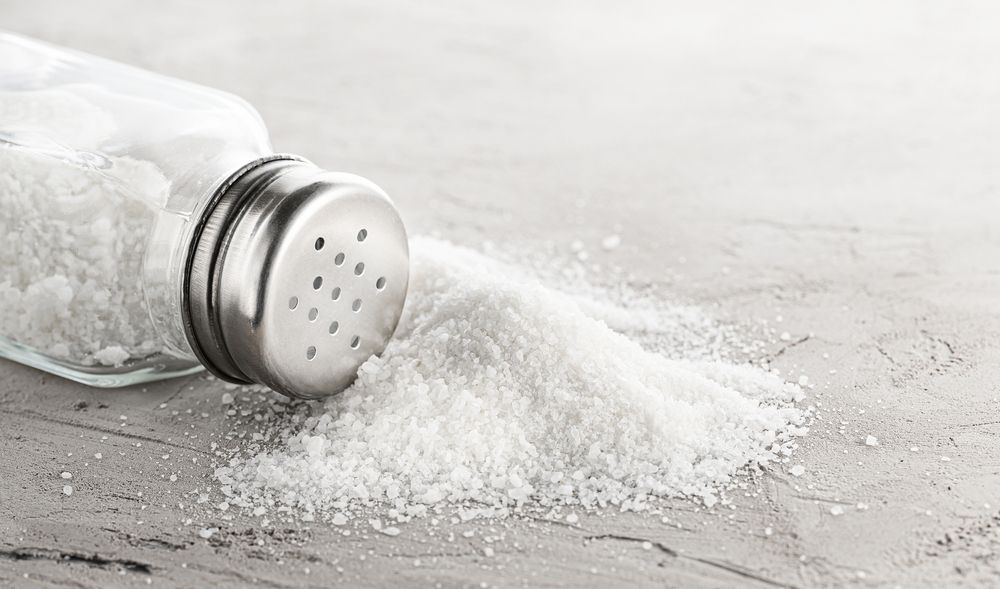
Although even salted pistachios contain relatively low amounts of sodium, the sodium content can quickly add up if you consume more than a quarter-cup serving. Due to the high palatability of salty foods, it's easy to overeat and exceed the recommended portion size. Therefore, it's important to be mindful of portion sizes when snacking on pistachios.
Pistachios Are Calorie-Dense
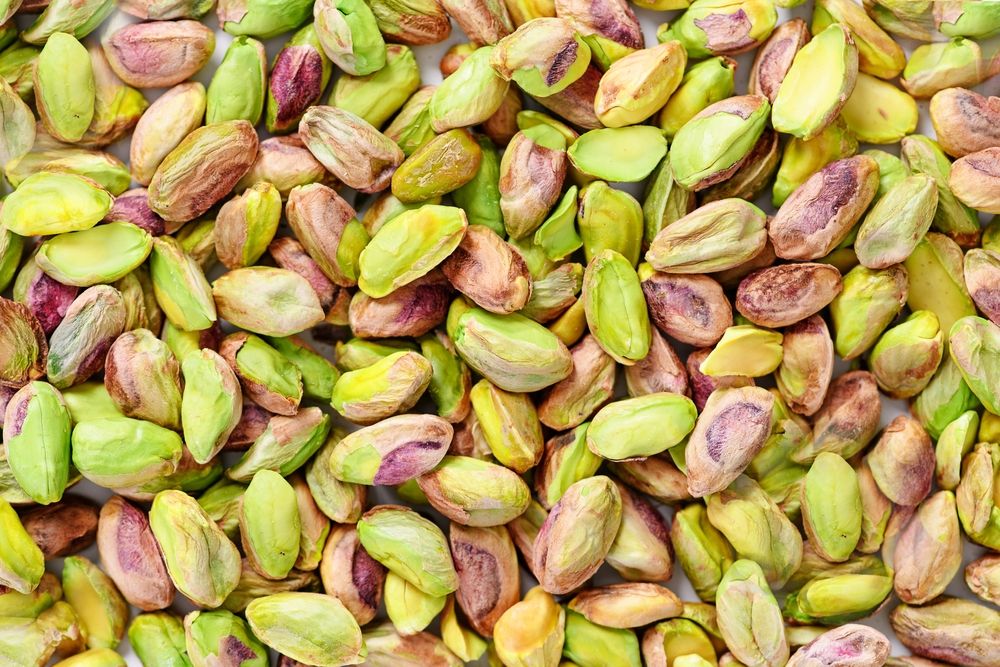
Additionally, pistachios are calorie-dense thanks to their high fat content. While the fats in pistachios are mostly heart-healthy mono- and polyunsaturated fats, eating large portions can contribute significantly to your daily calorie intake.
They're Not Ideal for People with Kidney Disease

Pistachios also contain a large amount of phosphorus. While this isn't an issue for most people, excessive phosphorus intake can cause issues for people with kidney disease.
Pistachios Are High in FODMAPs
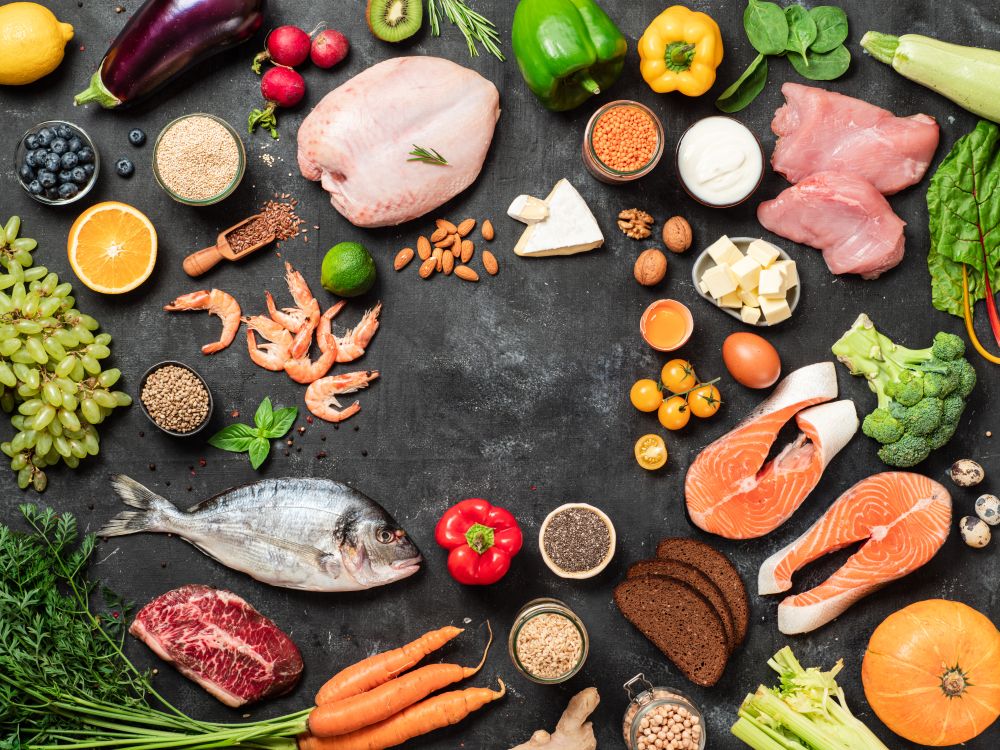
Individuals with irritable bowel syndrome (IBS) may want to avoid pistachios, as they are considered a high-FODMAP food. FODMAPs are types of carbohydrates that are not digested by humans. Instead, they reach the large intestine intact, where they are fermented by gut bacteria, which can cause gas, bloating, and changes in bowel habits.
Tree Nuts Have Allergy Risks

Pistachios are tree nuts, and people with tree nut allergies should exercise caution when consuming them or any food that has been in contact with them, as they can trigger a severe allergic reaction.
So, Are Pistachios Healthy?
Pistachios offer a range of potential health benefits, including aiding in weight loss, lowering blood pressure, reducing fasting blood sugar, improving insulin sensitivity, enhancing lipid profiles, boosting cognitive performance and mood, and positively impacting the gut microbiota.
There are numerous ways to incorporate pistachios into a healthy diet. Given their calorie density, it's advisable to stick to a serving size of about one ounce (approximately a quarter cup). If you plan to consume more than a one-ounce serving, opt for the unsalted variety to avoid excessive salt intake. Choosing shelled pistachios over unshelled ones can also help with portion control, as they take longer to eat.
Consider pre-portioning pistachios into small bags or containers for convenient, grab-and-go snacks. You can also add chopped pistachios to oatmeal, yogurt, or smoothie bowls for a nutrient boost at breakfast, or sprinkle them on salads for added crunch.

